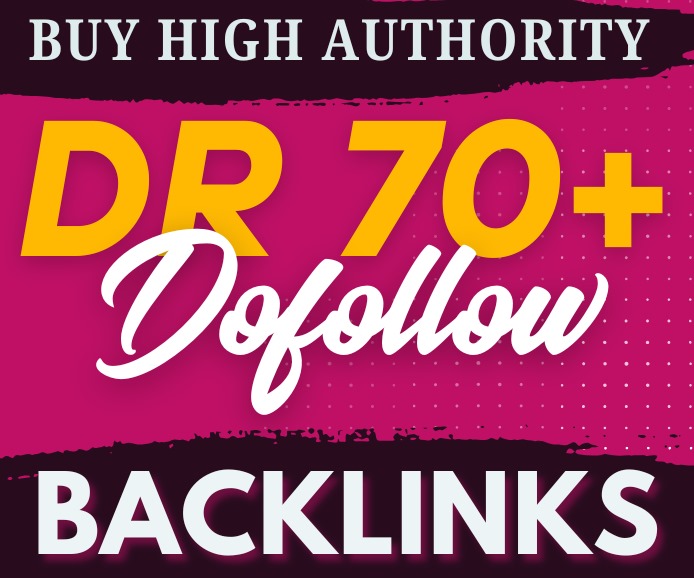Ever catch yourself repeating the same mistakes? Or wonder why some people handle stress like a pro while others fall apart? That’s where Psychology steps in. It’s not just a classroom subject or something for therapists—Psychology is the science of you. Your thoughts, emotions, habits, fears, and even your dreams can all be better understood—and improved—using psychological tools.
What Is Psychology, Really? Psychology
is the study of the human mind and behavior. But it’s more than textbooks and theory. It’s about discovering why you do what you do—and how to make better decisions, build healthy habits, strengthen relationships, and live more intentionally. Whether you’re trying to stop procrastinating, manage stress, or communicate better, the answer often lies in how your brain and emotions function.
Why Everyone Should Learn Psychology
Understanding yourself isn’t just a luxury—it’s a life skill. When you grasp how your mind works, you gain power over your actions. You stop living on autopilot and start living with clarity. From handling pressure at work to improving your relationships at home, Psychology gives you the tools to take control of your life.
Self-Awareness: The First Step to Transformation
One of the biggest gifts of Psychology is self-awareness. It allows you to observe your thoughts and reactions without judgment. When you know your triggers, your patterns, and your emotional responses, you can start changing the ones that don’t serve you.
The Role of Emotions in Everyday Life Why Emotions Matter
Your feelings aren’t random. According to Psychology, emotions act like signals, telling you when something is right, wrong, threatening, exciting, or needs your attention. Ignoring or suppressing emotions only causes them to grow louder later.
Emotional Regulation
Can’t stop overreacting? Say things you regret when you’re angry? Psychology offers emotional regulation strategies like breathing exercises, cognitive reframing, and grounding techniques to help you stay cool and make wiser choices.
Thoughts, Beliefs, and Mental Habits Cognitive Distortions
Ever think, “I always fail,” or “Nobody likes me”? These extreme thoughts are known as cognitive distortions in Psychology. They’re mental traps that exaggerate negativity and destroy confidence. Learning to recognize and replace them is crucial.
Reprogramming Thought Patterns
One key insight from cognitive behavioral therapy (CBT) is that your thoughts shape your reality. Psychology helps you catch unhealthy thought loops and rewrite them with more constructive, truthful beliefs.
Habits and Behavior Change The Power of Repetition
Your brain loves routine. Good or bad, what you repeat becomes automatic. That’s why bad habits are so hard to break. But behavioral Psychology teaches you how to interrupt old patterns and create new ones that stick.
Cue, Routine, Reward
Based on classic psychological theory, every habit follows a loop: cue → routine → reward. Understand this cycle and you can hack it. Replace scrolling social media (routine) with a walk (new routine) when you feel bored (cue), and reward yourself with music or a podcast.
Mindset: The Silent Driver of Results Growth vs. Fixed Beliefs
People who believe they can learn and adapt tend to achieve more. That’s not motivation talk—it’s science. Psychology shows that a flexible mindset leads to more resilience, more creativity, and more success in both personal and professional areas.
The Inner Critic We all have that voice saying, “You’re not good enough.” Psychology explains that this inner critic often forms in childhood but can be re-trained with positive reinforcement and compassion-based approaches.
Dealing with Stress and Anxiety Understanding Stress
Stress isn’t always bad—it’s a survival mechanism. But chronic stress damages your body and mind. Psychology helps you identify stress triggers and teaches tools like mindfulness, relaxation, and prioritization to handle it better.
Combatting Anxiety
Anxiety is one of the most researched areas in Psychology. Breathing techniques, exposure therapy, and CBT strategies are proven methods to reduce symptoms and regain calm.
Better Relationships Through Psychology Communication Styles
Ever wonder why some people argue and others shut down? It’s all about communication style. Psychology identifies passive, aggressive, passive-aggressive, and assertive styles—and shows you how to use assertiveness to speak up without conflict.
Empathy and Emotional Intelligence
Strong relationships require understanding others, not just talking. With concepts from emotional intelligence, Psychology equips you to read nonverbal cues, listen better, and respond with care.
Using Psychology at Work Focus and Time Management
Can’t concentrate? Feel overwhelmed? Behavioral Psychology techniques like task batching, Pomodoro timing, and reward systems help you get more done in less time.
Leadership and Team Dynamics
Great leaders understand people. Psychology helps you read personalities, resolve conflicts, and inspire your team. It’s the difference between a manager and a mentor.
Therapy: The Shortcut to Mental Clarity
You don’t have to figure everything out alone. A licensed therapist trained in Psychology can help you navigate emotional blocks, trauma, and relationship issues. Think of therapy as coaching for your mind—it gets you unstuck and moving forward faster.
Motivation: Staying Driven Without Burning Out Intrinsic vs. Extrinsic Motivation
Why do you do what you do? Is it because you love it—or because someone else expects it? Psychology helps you tap into internal motivators so that you stay energized, focused, and fulfilled without relying solely on external rewards.
Visualizing Success
Elite athletes and CEOs use mental rehearsal to prepare for challenges. Psychology proves that visualization can activate the same brain areas as doing the actual task—boosting confidence and performance.
The Science of Change
Real change isn’t about massive action—it’s about small consistent shifts. Psychology supports this with the concept of “marginal gains”—tiny improvements each day that snowball into life transformation.
Final Thoughts
You are not stuck. You’re not broken. You just haven’t learned how your mind truly works yet. With the power of Psychology, you can uncover what holds you back, build healthier habits, improve your emotional world, and create a more intentional life. The tools are available. The science is clear. Now it’s your move.
FAQS
1. How can Psychology help in daily life?
From better communication to managing anxiety, Psychology offers tools to improve thinking, behavior, habits, and emotions for everyday situations.
2. Do I need a degree to use Psychology effectively?
Not at all! Many practical concepts like habit formation, emotional regulation, and mindset change are accessible and easy to apply with basic understanding.
3. What’s one Psychology trick to boost motivation?
Set small, specific goals and reward yourself for completing them. This activates the brain’s dopamine system and builds momentum.
4. Is therapy always necessary?
While therapy is powerful, you can still apply core ideas from Psychology on your own through journaling, mindfulness, and behavior tracking. But therapy helps when deeper issues are involved.
5. How long does it take to see results using Psychology strategies?
That depends on consistency. Some people notice mindset shifts in days, while others may take weeks or months. The key is to stick with it and track your progress.




